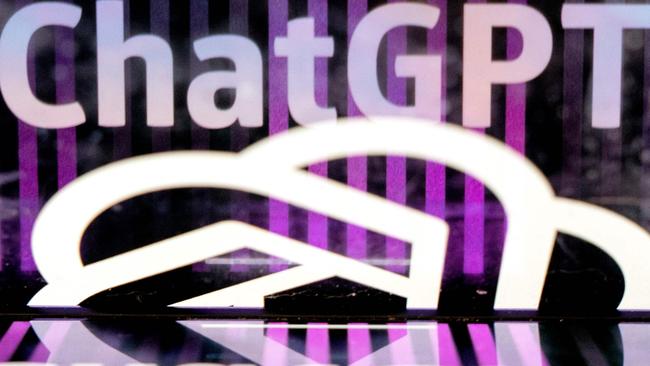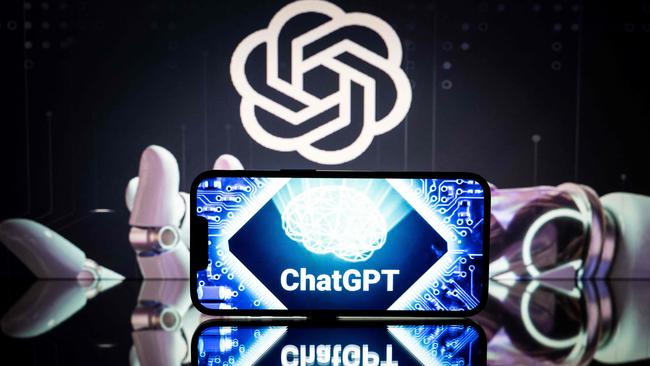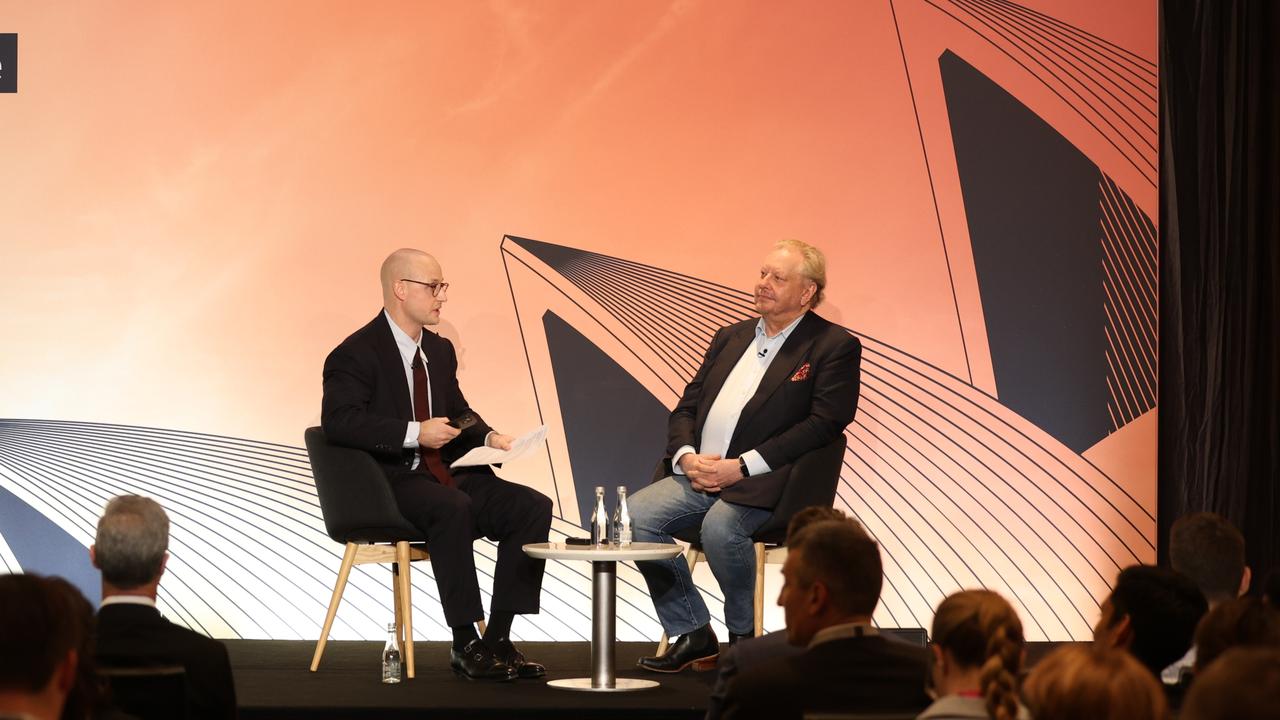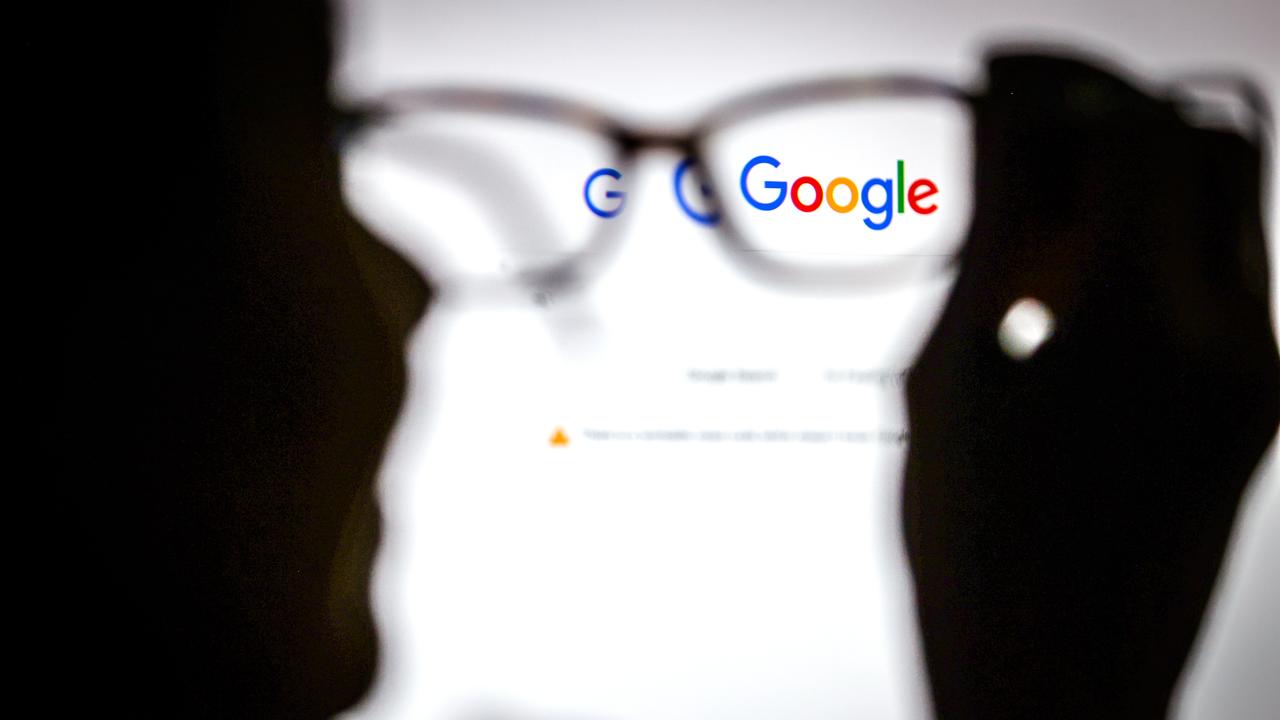Dexus, Samsung among list to ban employees from using ChatGPT
Companies in Australia and abroad have banned employees from using generative AI models such as ChatGPT over fears of mass data breaches.

Australian companies are banning the use of ChatGPT in the workplace, with many fearful the technology could disrupt workers and lead to a mass data breach.
Since OpenAi’s ChatGPT became publicly available in November last year, many companies in Australia have been quietly rolling out employee guidelines on the use of generative technology or banning it outright.
Dexus and Samsung are among the companies in Australia which have publicly banned the use of generative AI such as ChatGPT. Meanwhile, a number of local branches of US multinationals and tech conglomerates have done so quietly.
The bans are being imposed due to concern employees will volunteer sensitive company information when seeking advice from large language models. Companies fear that information could later resurface when LLMs are prompted by bad threat actors or by competitor companies.
The bans are not limited to the tech sector or cyber security companies but are across all industries – from enterprise software to banking and property developers.
One of the first to ban ChatGPT and come out publicly was real estate developer Dexus, which said as AI matures, the use of the technology created a significant risk.
“Like many businesses, we are excited by AI’s potential but also acknowledge the technology is still maturing and comes with risk,” a spokesman said.
“These risks include increased cyber security exposure, unknown bias and data management – particularly how models store and handle information.”

Dexus had established a small team in its IT and cyber security divisions to experiment with the technology, the spokesman said.
“We are currently working through a controlled proof of concept to better understand the risks and opportunities of this evolving technology, and until this work is complete we have asked our employees not to use ChatGPT or any other AI software,” he said.
Korean technology giant Samsung has extended a generative AI ban to staff across all of its global offices.
“The company is reviewing measures to create a secure environment for safely using generative AI to enhance employees’ productivity and efficiency,” a spokeswoman said. “However, until these measures are ready, we are temporarily restricting the use of generative AI through company devices.”
The company’s Australian arm did not wish to divulge information on the matter locally but confirmed the ban applied here.
The NSW Department of Planning was rumoured to have banned the use of ChatGPT among other generative AI, however a spokeswoman on Wednesday denied that claim.
“The Department of Planning and Environment has no corporate policy banning its employees from using AI, including ChatGPT,” she said.
“Employees are strongly encouraged not to share sensitive government, corporate or personal information and data on public AI platforms.”
Last week a leaked document from US tech giant Apple reportedly outlined the company’s fear of staff sharing sensitive data with OpenAi via ChatGPT.
Companies were told to not use ChatGPT or to get code from Microsoft-owned GitHub’s Copilot, the Wall Street Journal reported.
The leaked information arrived the same day the ChatGPT app became available in Apple’s app store, and one week after Google released Bard to Australian users.
Apple did not respond to requests for comment.
US cybersecurity and enterprise technology company Verizon has banned the use of generative AI products, including ChatGPT and Bard, but the company did not respond when questioned by The Australian.
The local arm of US multinational bank JPMorgan Chase also declined to respond when asked about the company’s global ban of generative AI.
Large language models such as ChatGPT and Bard collect user information from personal accounts and train themselves by using the data as well as other publicly available information.
In March OpenAi confirmed it had to take ChatGPT offline briefly after a bug allowed users to view titles from other users’ chat history.
A Google spokeswoman last week said the company was taking steps to stop its LLM Bard from collecting personally identifiable information.
It’s understood CyberCX has also banned the use of ChatGPT among other generative AI but the company declined to comment.







To join the conversation, please log in. Don't have an account? Register
Join the conversation, you are commenting as Logout